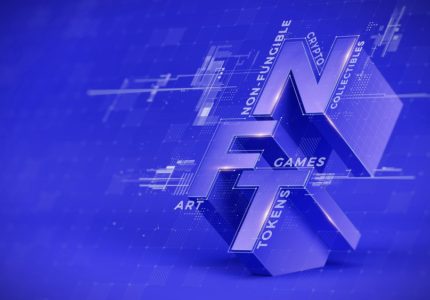There have been no updates from the Ripple Labs and SEC regarding the biggest cryptocurrency case in the history of the United States. SEC charged Ripple Labs executives for dealing in unregistered securities. The prosecution has maintained that the company has violated the Securities Act of 1993.
SEC recently amended their complaint by claiming that Brad Garlinghouse sold around 357 million XRP tokens to retail investors. SEC further purported that these transactions are part of the global sales and purchases made on different crypto exchange platforms. The prosecution is currently trying the defendant for violating Section 5 of the Securities Act of 1993.
Brad Garlinghouse has been issuing different statements for the benefit of the public while the case was underway. He commented on one point that SEC is using discriminatory behavior towards XRP as other cryptocurrencies as Bitcoin and Ethereum has never faced any backlash from the regulatory agency. The defense asked the court many times to compel the prosecution to share their internal communication of the matter.
Now, Garlinghouse has formally filed a motion for international discovery that calls on SEC to produce some internal reports. As the court has approved the motion, the prosecution is liable to produce Cayman Island documents about international cryptocurrency exchange and blockchain services provider Binance.
Supreme Court Ruling on Section 5 of Securities Act for 1993
As per the rulings of the Supreme Court the Section 5 of the 1993 Securities Act is applicable for the transactions that are conducted within the United States only. According to defense Lawyer James K. Filan, the SEC does not have a case at all if this is established. As per a memorandum presented in the motion filed by Garlinghouse, all the XRP transactions were conducted on the foreign exchange platform.
This postulates that no XRP transactions were conducted within the United States. If such is proven by the court, it will mean that the lawsuit launched by SEC does not have legal standing to begin with. Furthermore, it will also invoke the motion to dismiss filed by Brad Garlinghouse and end the SEC lawsuit.

















